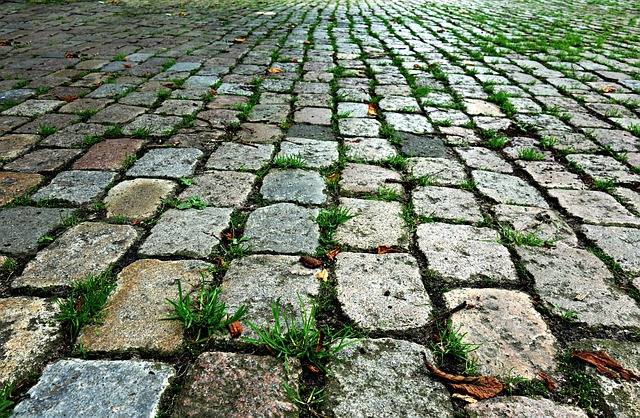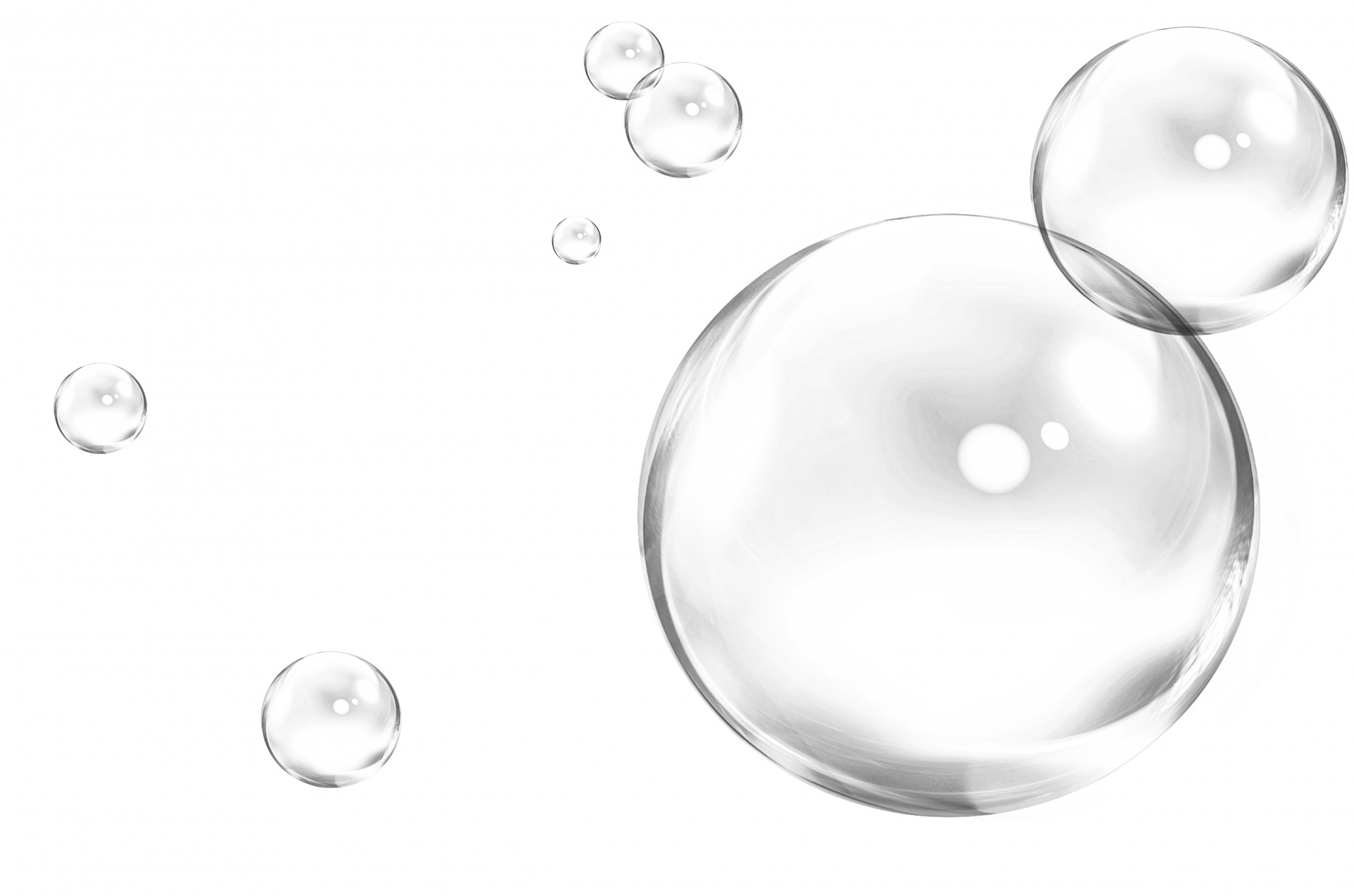When was the last time you realized that you were really alive? When you weren’t waiting for life to happen – it was happening! When did you give thanks for that? Maybe it was when your heart was racing because of some excitement or some news – something good or something bad. Maybe you were so delighted – you won some great prize, some hope was realized – or maybe you were hurting, in so much pain and struggling so hard to get through it that you gave thanks for each breath as it came. Maybe you were giving at a cost to yourself – and you know how that giving reminded you of living. Maybe it was a close call that made you strain for life and remember that – whew – you are still alive. Thank God. When was that?
“I tend to divide my minutes into two categories: living and waiting to live. Most of my life is spent in transit: trying to get somewhere, waiting to begin, driving someplace, standing in line, waiting for a meeting to end, trying to get a task complete, worrying about something bad that might happen, or being angry about something that did happen. These are all moments when I am not likely to be fully present, not to be aware of the voice and purpose of God. I am impatient. I am, most literally, killing time. And that is just another way of saying I am killing myself.” 1
Tell me a tale about a time that you knew that you weren’t wasting your life – that you knew that you were really living?
1.Excerpt from The Life You’ve Always Wanted by John Ortberg © 1997, 2002 by John Ortberg



